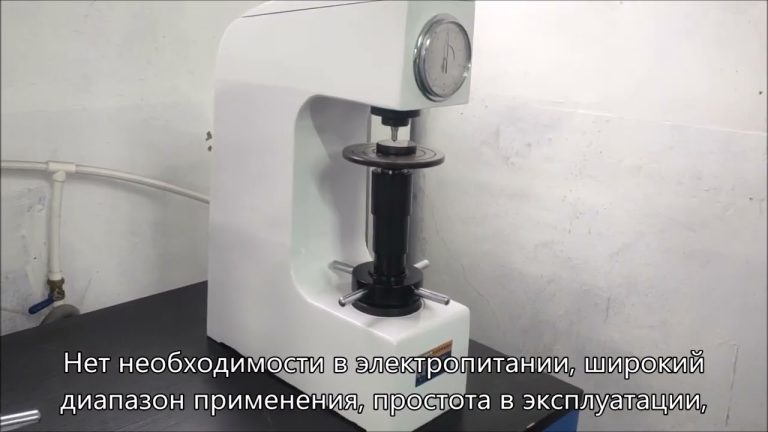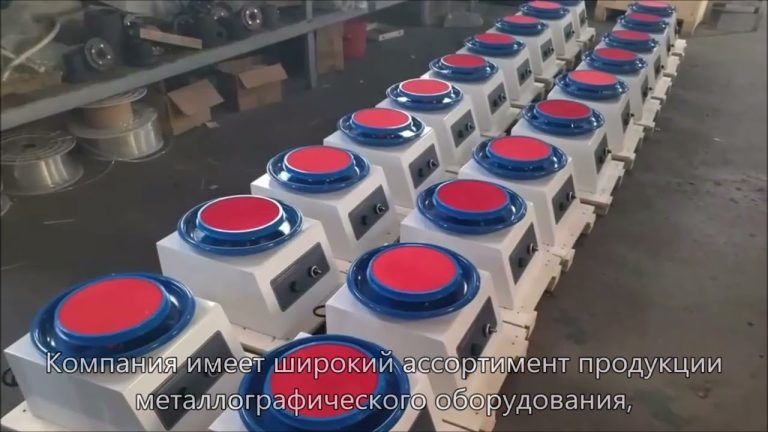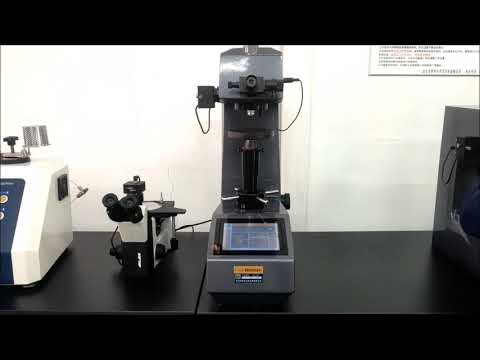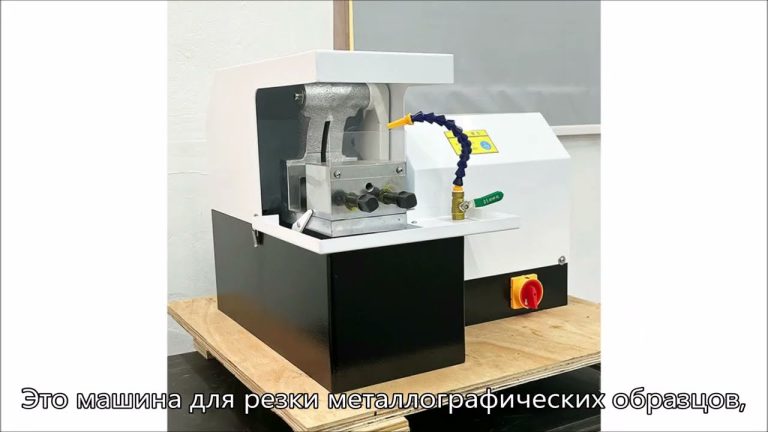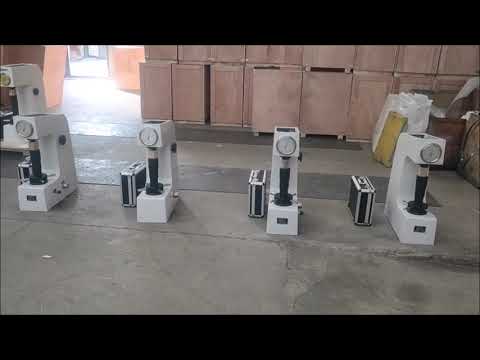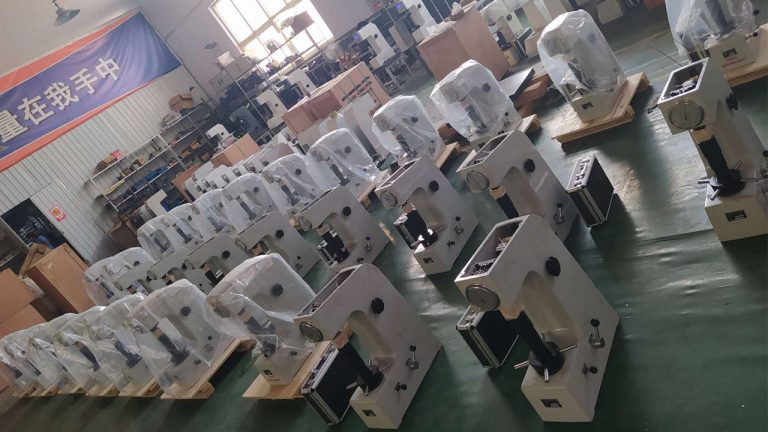Benefits of Using Shore hardness testers for Quality Control in Manufacturing Processes
Shore hardness testers are essential tools used in quality control processes in various manufacturing industries. These testers are designed to measure the hardness of materials, which is a crucial factor in determining the quality and durability of the final product. As a wholesaler of shore hardness testers, it is important to understand the benefits of using these tools in manufacturing processes.
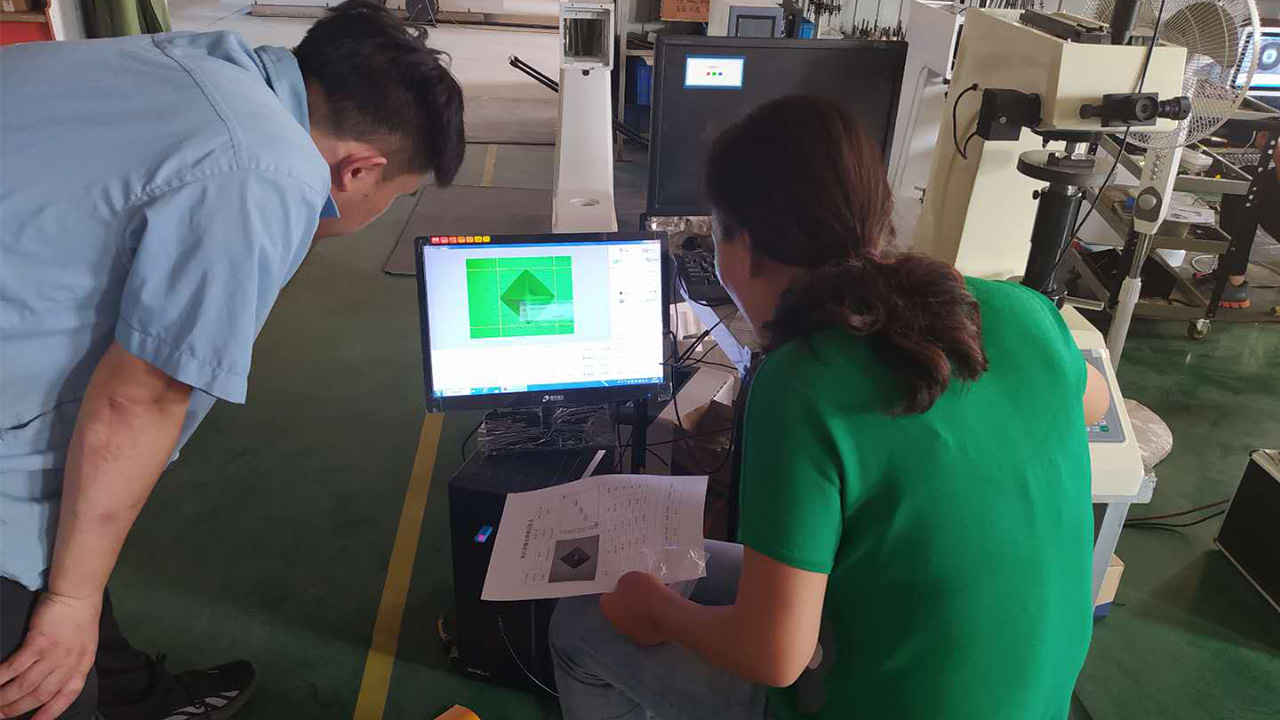
One of the key benefits of using shore hardness testers is the ability to ensure consistency and uniformity in the hardness of materials. By measuring the hardness of materials at different stages of the manufacturing process, manufacturers can identify any variations or inconsistencies that may affect the quality of the final product. This allows them to make necessary adjustments to maintain the desired hardness levels and ensure that all products meet the required standards.
In addition to ensuring consistency, shore hardness testers also help manufacturers identify any defects or imperfections in the materials. By measuring the hardness of materials, manufacturers can detect any soft spots, air bubbles, or other defects that may compromise the quality of the final product. This allows them to take corrective actions to address these issues before the product is completed, saving time and resources in the long run.
Another benefit of using shore hardness testers is the ability to improve the overall quality of the final product. By accurately measuring the hardness of materials, manufacturers can ensure that the product meets the required specifications and standards. This not only enhances the durability and performance of the product but also increases customer satisfaction and loyalty. Customers are more likely to trust and purchase products that are of high quality and meet their expectations.
Furthermore, shore hardness testers help manufacturers reduce waste and minimize production costs. By identifying defects and inconsistencies early in the manufacturing process, manufacturers can avoid producing defective products that would need to be scrapped or reworked. This not only saves time and resources but also improves overall efficiency and productivity. By using shore hardness testers, manufacturers can optimize their manufacturing processes and minimize the risk of costly errors and defects.
Additionally, shore hardness testers help manufacturers comply with industry regulations and standards. Many industries have specific requirements for the hardness of materials used in their products, and failing to meet these standards can result in fines, penalties, or even legal action. By using shore hardness testers, manufacturers can ensure that their products meet the necessary hardness requirements and avoid any potential compliance issues.
In conclusion, shore hardness testers play a crucial role in quality control processes in manufacturing industries. By measuring the hardness of materials, these testers help manufacturers ensure consistency, identify defects, improve product quality, reduce waste, and comply with industry standards. As a wholesaler of shore hardness testers, it is important to understand the benefits of using these tools and educate customers on how they can enhance their manufacturing processes. By investing in shore hardness testers, manufacturers can improve the overall quality of their products, increase customer satisfaction, and achieve greater success in the competitive manufacturing industry.

